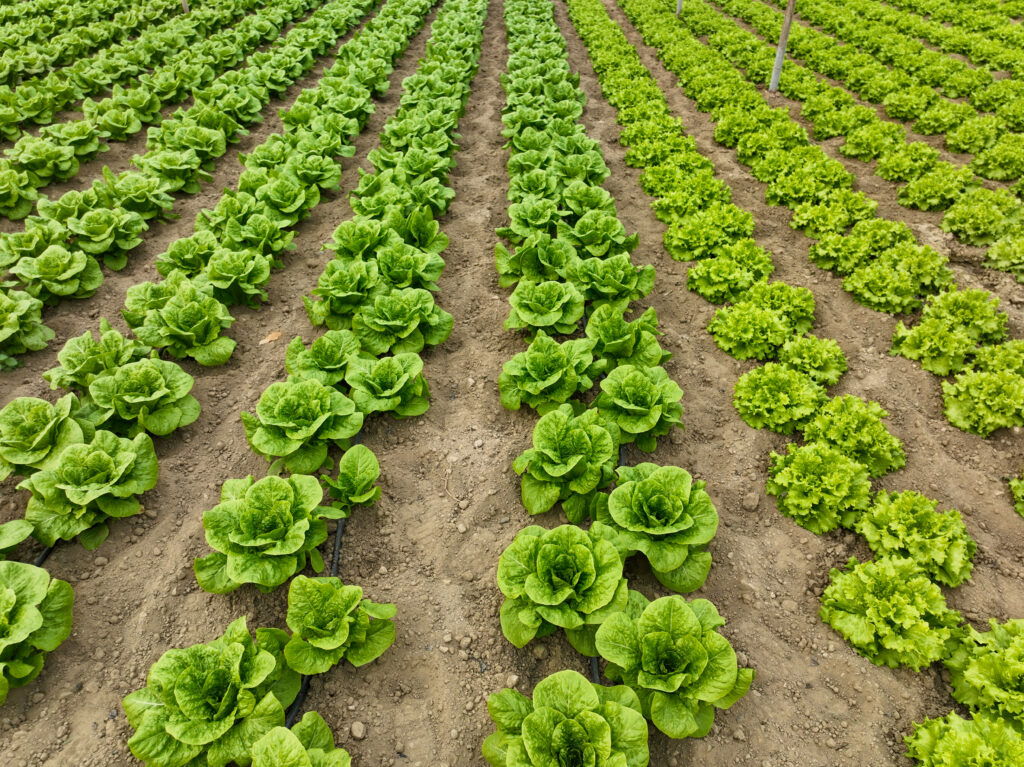Summary: The study investigated the combined effect of phosphorus (P) application and arbuscular mycorrhizal fungi (AMF) on the growth and accumulation of arsenic (As) and phosphorus in lettuce plants grown in As-polluted soil. The experiments aimed to determine whether the application of a commercial inoculum (CI), with or without P fertilizer, would promote greater plant growth and enhance As tolerance compared to indigenous fungi alone. Additionally, the study examined the impact of these treatments on As and P availability in the rhizosphere and bulk soils.
In greenhouse pot experiments conducted under unsterilized conditions, plants were grown with and without the commercial inoculum (+CI, -CI) in combination with varying levels of P application (+P at 90 kg P ha^-1, -P at 0 kg P ha^-1). Results indicated that inoculation with the commercial inoculum and P application significantly increased plant biomass by improving host plant P nutrition and reducing shoot and root As concentrations compared to plants inoculated only with native AMF. In the rhizosphere of plants treated with both commercial inoculum and P application, there was observed P soil depletion compared to plants treated with only P application.
Overall, the findings highlighted that the combined application of P fertilizer and commercial inoculum alleviated the toxicity of excessive As by enhancing P nutrition without increasing As concentrations in the plant. This underscores the importance of beneficial microbes and P fertilizer in improving soil fertility in As-contaminated environments.
Publication: Applied Soil Ecology









